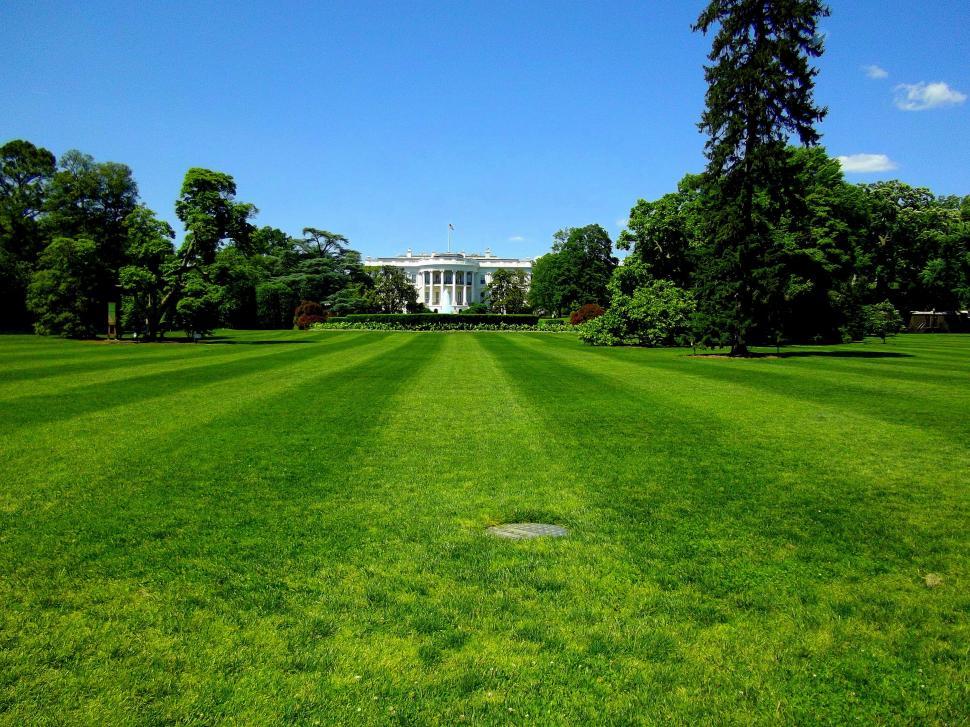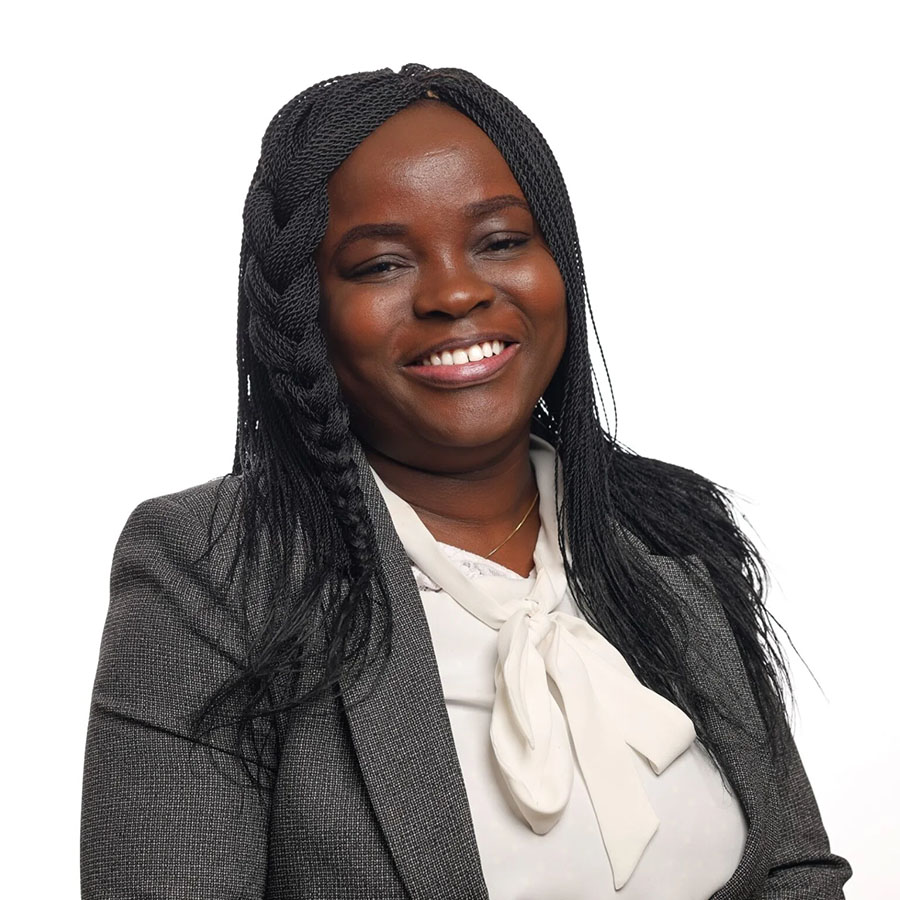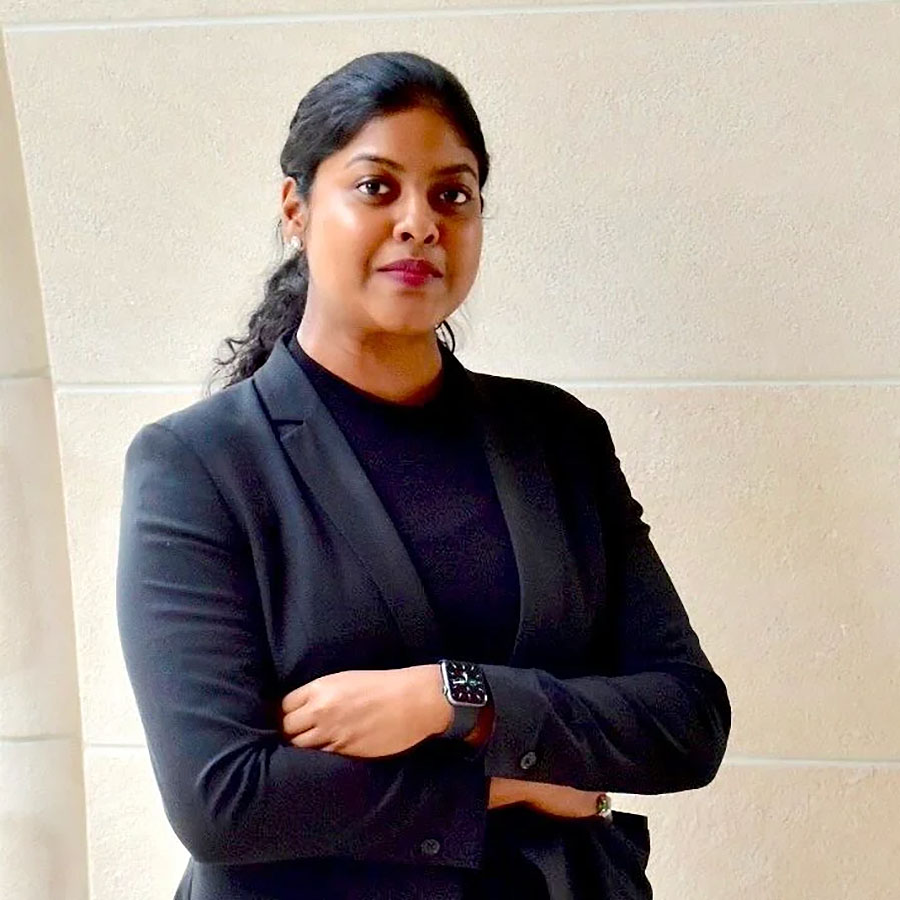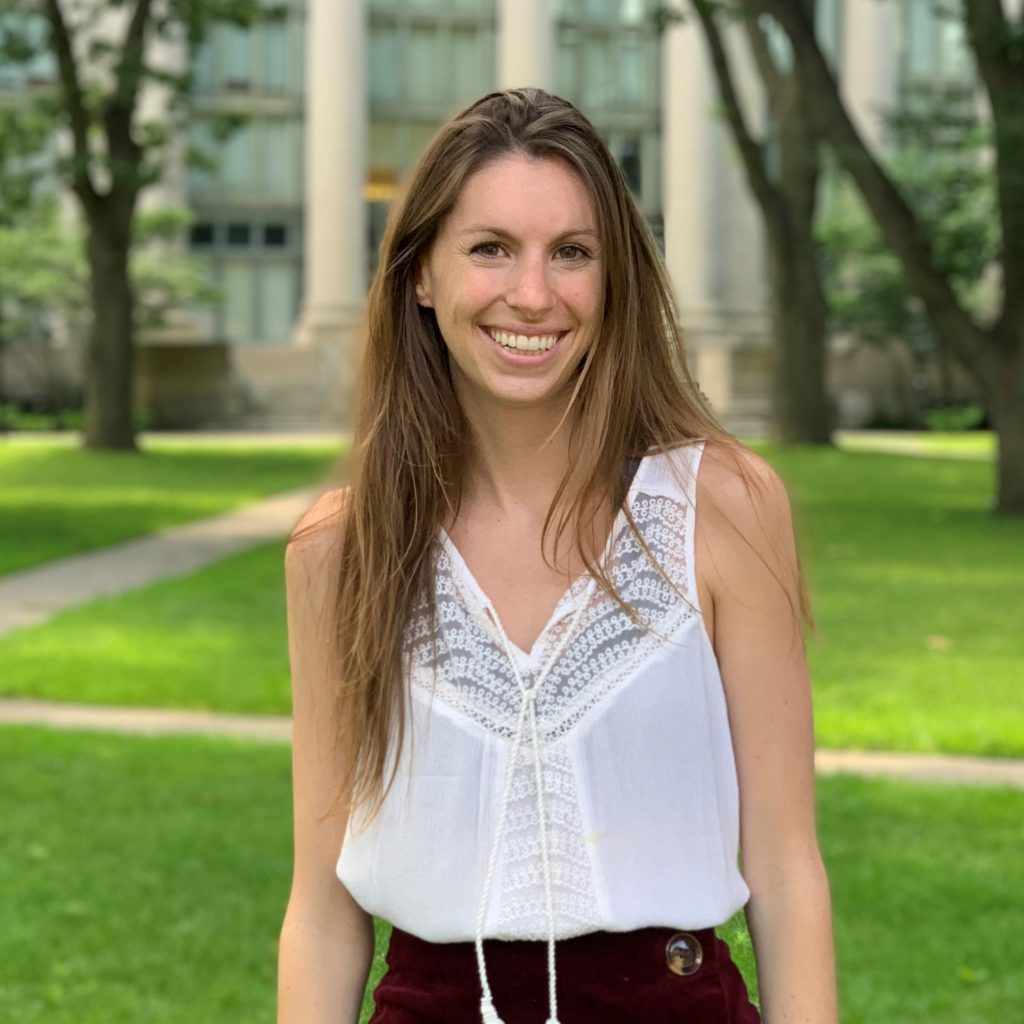
True wisdom consists in knowing that you know nothing.
~ “Bill and Ted’s Excellent Adventure” (1989), misquoting Socrates
I don’t know.
These words escaped me when I needed them during lunch with a first year student (1L) at Harvard Law School (HLS) way back in August, before the school year had even begun.
It was Friday before the start of 1L orientation. The LL.M. students still owned campus for a few more days, the dining hall was starting to buzz again, and the blazing sun snickered at the idea that fall was approaching. The student and I chatted about her excitement to be starting law school, the path to get here, fun family news (my wife and I are longtime friends of her parents), and summer vacations. When out of left field I was ambushed: “Do you have any advice for navigating the first year of law school?” Who could have seen that one coming?
I stumbled through something, I don’t recall exactly what, only that it was horribly inadequate. (Lean in! Enjoy it all, every second, it goes so fast! Make sure to make time to take care of yourself!—all of which I stand by but is not very illuminating.) Thanks for lunch, she said. Good luck, I offered. I can’t wait to hear how it all goes for you.
Ugh. Missed opportunity to share a little bit of hard-won perspective from the thirty-ish (eek!) years since I started law school and maybe—just maybe—offer something hopeful and helpful.
But our lunch conversation got me thinking back to the beginning of my own 1L year, and two things stand out. The first is my dad, Pat, asking me: “They still teaching Pennoyer v. Neff in Civ Pro?” The man had been a 1L thirty years before me and is a transactional real estate lawyer. A great one, for sure, loved by all (including a client who, the story goes, was such a fan that he named his cat Pat McGaraghan), but hardly someone steeped in personal jurisdiction jurisprudence. How could he possibly remember that case? And yet here I am, thirty years later, waiting for my eldest son to start law school next year so I can casually ask “Hey, they still teaching Pennoyer v. Neff?” even though I’ve checked and, yes, they are. (Dad, you sly fox—did you know too??)
I also recall a powerful urgency to know all the answers, to have my views sorted out, to be right—or at the very least to appear as though I knew what I was talking about. Many of my classmates felt it too, whether they said so out loud or by their swagger (as I did, I’m afraid). And I sense that this part of law school, along with Pennoyer, is not so different today. Every year students confide about imposter syndrome, the perfectionism vortex, the pressure to be sure of oneself and to have mastered already the art of arguing and persuading—if not with legal correctness, then at least moral rectitude. This need to be right can feel downright existential when the issues trigger deeply personal feelings and core values, which so many issues in the law can do.
It’s a dreadfully heavy burden. So much about law school is hard enough as it is, not to mention so much to be enjoyed if one weren’t dogged by the pressure to be right.
So, to my 1L friend, with apologies for the delay and a heartfelt wish that this helps you navigate your first year, and beyond, here’s my advice:
I don’t know.
Or I’m not sure. Situationally, one might be more apt than the other. But usually either will do, and these few simple words are game changers.
I regrettably didn’t give them enough weight until about ten years ago, but when I finally did crack that code it was literally lifesaving. The details probably are better saved for a different blog, under a pseudonym. But the SFW version is that a collision of personal circumstances opened me to the possibility that maybe I didn’t have all the answers, which led to the related discovery that it was ok to ask for help—and that saved my life. Less dramatically, but as a very happy consequence, it also gave me a second chance to explore this new, relatively uncharted land of not-knowing, and what it could mean to embrace uncertainty and show more curiosity about other people’s ideas and perspectives.
I’m still working on it, but that shift has had so many upsides. I’ve become a better listener. I am better able to see and learn from others things that my certainty would have hidden from me. I am more open to being wrong (gasp!) and learning from my mistakes and fails (what??). Building connection and trust with other people—as a spouse, parent, teacher, collaborator, or even adversary—is easier and leads to more meaningful, stronger relationships. I am very much a work in progress, as my family, friends, students, and colleagues can attest. And admitting uncertainty is not always easy or cost-free. It can feel unsettling when others are projecting staunch self-assurance, and risky to show curiosity about a challenging viewpoint (or the person expressing it). But even still, for me the headline is that unshouldering the burden of needing to be right—and needing to prove someone else wrong—has been a profoundly joyful experience.
You don’t have to take my word for it—the benefits of not-knowing are well studied. Psychologists and other behavioral scientists call it “intellectual humility”—openness to and curiosity about the views of others, and willingness to entertain the possible limitations of one’s own beliefs (notably, it is not the deprecation of one’s own beliefs) (Whitcomb, et al. 2015; Leary, et al. 2017). Research shows that staying curious and acknowledging the value of others’ ideas increases engagement in learning, improves learning outcomes, and can even help bridge ideological gaps (Porter, et al., 2017).
When it comes to bridging gaps, HLS’s own Doug Stone, Bruce Patton, and Sheila Heen (Harvard Negotiation Project and HLS negotiation faculty) emphasize the importance of shifting from a posture of certainty to curiosity as an essential step in breaking through logjams about “who’s right” (Difficult Conversations: How to Discuss What Matters Most, 3d ed., 2023). Neither wins that contest until each gets curious about the other’s story and sees that it is not a contest at all, but an opportunity to appreciate a different perspective.
You could be thinking, “but I’m studying to be a lawyer—I need to learn how to persuade others that I’m right.” You’re not wrong. But here too there is surprising power in not-knowing. In their work on “conversational receptiveness,” Professor Julia Minson (Harvard Kennedy School of Government) and her colleagues found that de-emphasizing certainty—in effect signaling “I’m not sure”—and showing receptiveness to a counterpart’s ideas can promote credibility and trust, enhance collaboration, and actually make you more persuasive. And consider Professor Amy Edmondson’s (Harvard Business School) work on effective leadership in organizations. When leaders admit they don’t know and invite others’ opinions, they inspire greater confidence, are seen as thoughtful and wise, and are able to influence mindsets and behaviors (Edmondson, “The Fearless Organization: Creating Psychological Safety in the Workplace for Learning, Innovation, and Growth,” 2019).
Not-knowing is also a major asset in legal practice. A mentor early in my career stressed the maxim: “don’t fall in love with your own case!” It was hard coaching to follow. Part of the fun of being an advocate is crafting airtight, compelling arguments, and exposing the fatal flaws in an opposing lawyer’s brief. But that’s the easy part of advocacy. Any good lawyer can articulate why their opponent is wrong. A great lawyer can spot where their opponent might be right and use that insight to improve the weaknesses in their own argument and see where a judge or jury could disagree.
Beyond the adversarial process, some of the most challenging interactions lawyers have are with their own clients. In those relationships, it is essential to know the limits of one’s legal insight and to stay curious about the client’s experience, expertise, preferences, risk tolerance, etc. Another gem from my mentor: “If the client wants us to paint their house purple, we help them figure out which shade they like best, and then we paint!” Read: don’t fall into the trap of believing the lawyer knows best; do realize how much you have to learn from your client. This has proved to be invaluable advice and has helped me build, preserve, and even repair many client relationships over the years (though I’m sorry, Mark—I still can’t bring myself to use exclamation marks in a brief).
None of this is to say you should abandon or water down your convictions about what you believe is right and just, moral and worth defending. Nor would I want the takeaway to be that it is not important, at HLS and in your career, to learn and hone the skills of confident, persuasive written and oral advocacy, or to be able to offer sound, thoughtful legal guidance and advice. On the contrary—your professors expect it, clients depend on it, and courts rely on it. But plenty of research, and my own personal experience, suggest that leaning away from over-certainty and into curiosity will make you a more effective advocate and a more esteemed, well-regarded, and valued classmate, colleague, family member, friend. And, even if admitting uncertainty can at times be uncomfortable, letting go of the pressure to be right is, on balance, such a massive relief.
Is any of this good advice? I don’t know. I think so. And also, I can imagine it is much easier said from my chair than done in yours. But still, I am so curious to find out whether this advice helps ease some of the pressure of law school and allows you to enjoy the experience and the moment. Because it really does go by so fast, and before you know it, you’ll be asking some new law student if they still teach Pennoyer v. Neff in Civ Pro.








